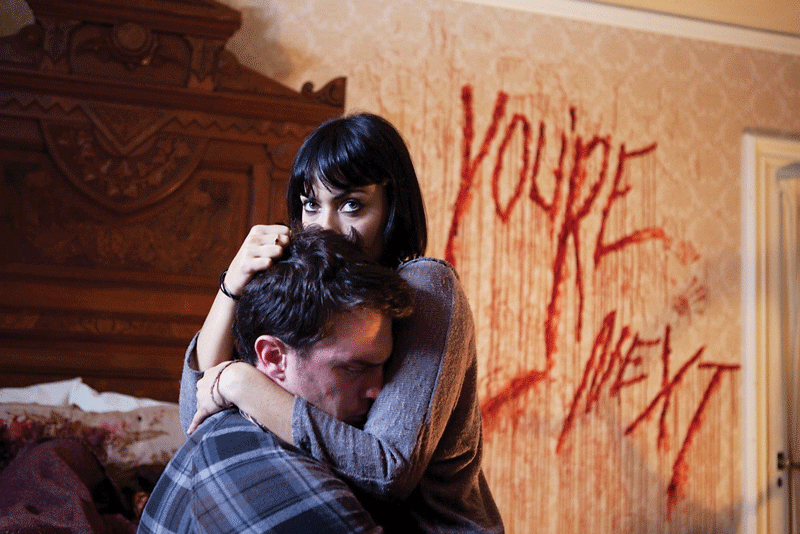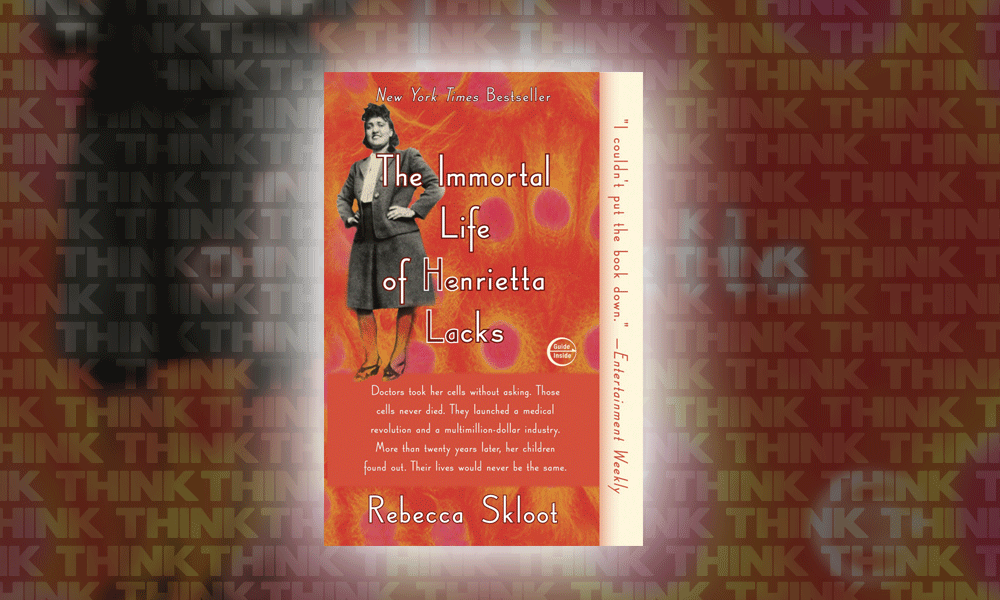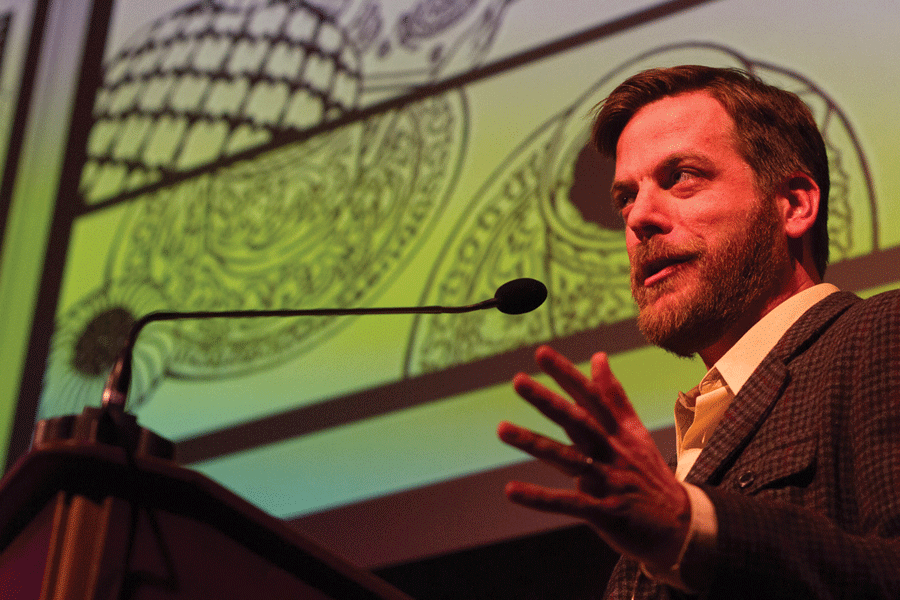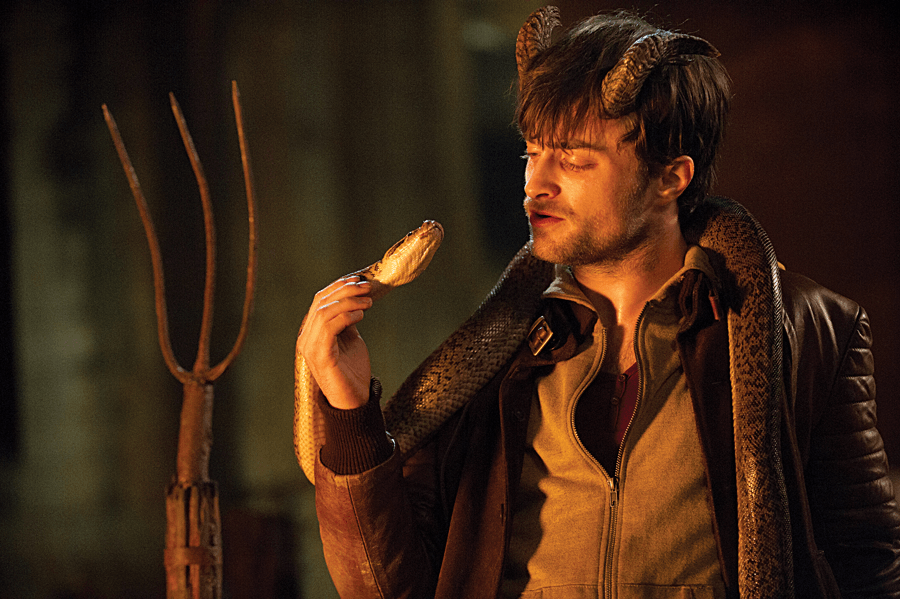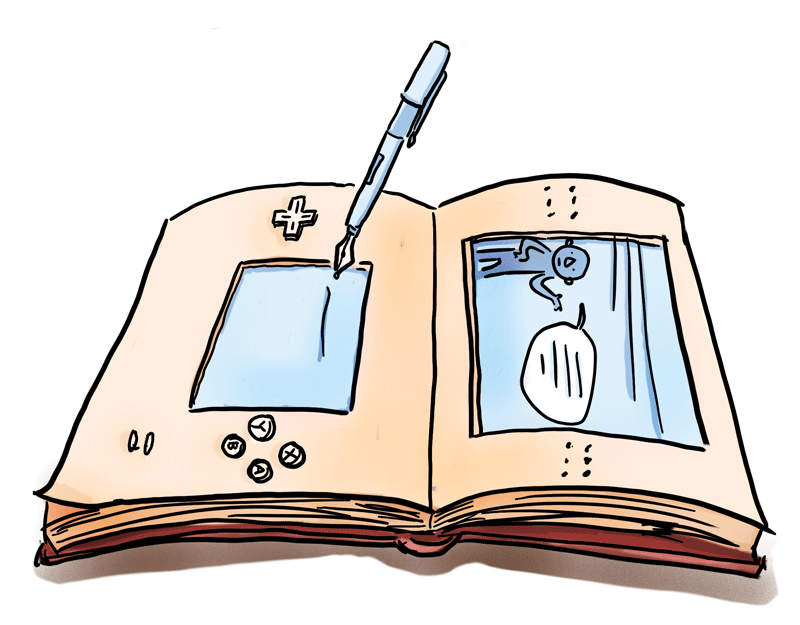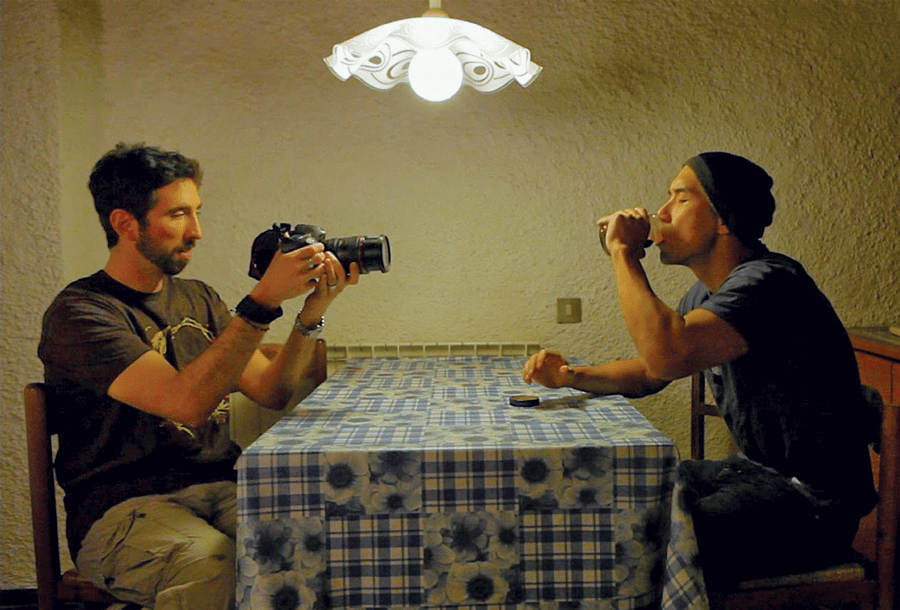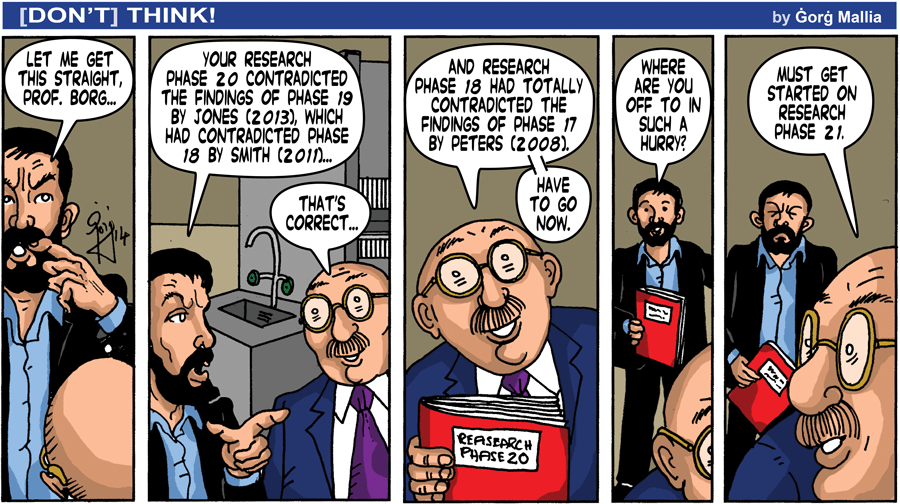Over 60 Best Book of the Year lists, 75 weeks on the New York Best Sellers list, and several prestigious awards, The Immortal life of Henrietta Lacks by Rebecca Skloot is a must read for all. I don’t usually review 4-year old books, but this non-fiction book has it all: race and class issues, betrayal, loss, education and healthcare access, exploitation, and lucidly told science.Continue reading
A Relationship of Cultures

Malta is European (and a few other things). So European that in 2018 Valletta will be the European City of Culture (ECoC). ECoC was set up to raise awareness about ‘Europeanness’ with mixed success over the last 25 years.Continue reading
Horns

Krista: I will first get one gripe out of the way. There are two female supporting characters who fit too easily into the binary categories of ‘slut’ and ‘pure’. I’d like to say that it’s a self-aware critique of the way social perceptions entrap anyone, but the women are simply there to either support or motivate the action, leaving boyhood friendship dynamics as the central theme. Unfortunately, the female characters felt expendable.
Noel: The female characters are very much up in the air, shallow, and abstracted concepts that are thinly fleshed out. As you pointed out, they are little more than unimaginative props that work around the murder mystery plot. Thematically, they don’t make much sense and come across as half-baked (at best).
K: Does it work on the crime-thriller level? Being a two-hour film it’s over-long. If it were to rely on the ‘suspense’ of its ‘whodunnit’ plot, the solution is pretty obvious early on, given the shortage of suspects.
N: I loved the bits where the film became a sort of Carry-On Demon. I loved the scene with the doctor and the nurse. These moments were funny, poignant, and had a point to make. They reminded me of early John Landis films: light, campy, and with something interesting to say, extremely tongue-in-cheek.
K: The premise is inherently comical and the film embraces that for a while. It then seems to swing between bitter-sweet sentimental extended flashbacks and the ridiculous. The tone feels unsettled. The film was at its best when it was indulging the ridiculous streak. I wanted more of the shamelessly over-the-top parts and less of the cringe-inducing Richard Marx doing Hazard vibe which firmly entrenched the woman in a sentimentally teary haze. The more delightful parts reminded me of Dark Night of the Scarecrow (1981). In that film the community-pariah was excluded for a crime he didn’t commit, revenge transformed him into a monster. (On a side note: the soundtrack features a great music selection.)
N: The film started off well but then it didn’t seem to know where to go next. It resorted to a clichéd approach—seemingly, director Alexandre Aja’s preferred way of doing things. He started off as one of the bad boy French directors—High Tension (2003) was daring in many ways. Few films had dared to empower women with so much savagery as he did. Then he embarked on two remakes that are more miss than hit, Mirrors (2008) and Piranha 3D (2010). Both of them share the run-of-the-mill, textbook scare-by-numbers approach as Horns.
K: Verdict? Like you, I enjoyed the over-the-top aspect interrupted by the over-earnestness in the overly extended flashback sequences that were too drastic a change of tone.
N: I see it as a missed opportunity. This film could have been really good if only the filmmakers had the guts to pursue its campy, mischievous premise.
K: Agreed.
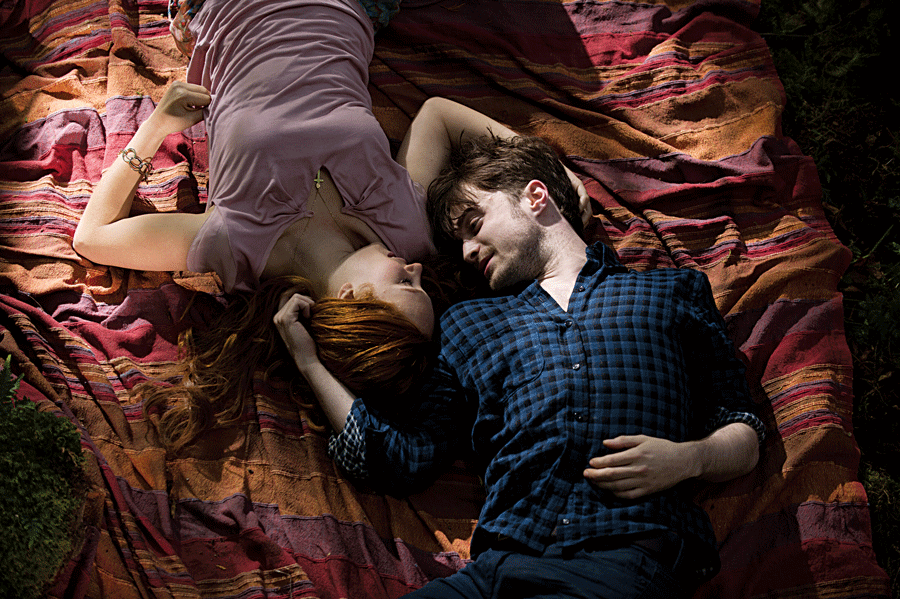
PLAS
Think breadth: broadening your knowledge, pursuing your passion and acquiring useful transferable skills.
Think opportunity: studying at your own pace while juggling many commitments. An opportunity to continue your education or improve your career prospects.
Think flexibility: designing your own programme of studies by choosing any and as many short courses as you wish from a wide variety of fields. You can take just one or several classes, but you can also build up a diploma or a degree, with no time limits.
The University of Malta’s Programme in the Liberal Arts and Sciences (PLAS). Think about it. Visit www.um.edu.mt/clas
Storytelling 2.0 — The art of telling stories in a connected world
The rapid advancement of technology has transformed us into The Jetsons. But the use of these tools to enhance our storytelling makes us seem more like The Flintstones. Writers, creators, producers and academics are still busy developing ways to create richer, more engaging and more profitable transmedia experiences. Dr Jean Pierre Magro speaks to Think on the fascinating and lucrative world of transmedia narratives. Illustrations by Sonya Hallett
Continue reading
Afflicted — Film Review

Noel: I was surprised to see that Afflicted was a vampire movie. From the trailer I gathered that it was going to be a contagion film. Vampires and pestilence share a common history but I was thinking 28 Days Later (2002) rather than The Addiction (1995). Unfortunately, despite finding it entertaining, it hardly broke any new ground in terms of vampire lore. Apart from its use of shaky-cam film-making, we’ve seen it all before.
Krista: Speaking of vampire lore—one highlight for me was the ill-fitting conversation referencing ‘traditional’ vampire lore (‘Well you should have the ability to turn into mist.’) which contrasted with that attempted ‘realist’ style. I’m actually impressed that they didn’t fall into the usual US stereotyping and made it happen in some ‘mysterious’ backwoods of ‘Old Europe’, but chose Paris as a hub of civilisation.
N: However the filmmakers still kept the vampire at arms’ length, making the monster foreign. As you pointed out, it’s not Transylvania or the Yorkshire moors; but it’s still an American who got infected by a European.
K: I also liked that despite their attempt to be innovative, they weren’t pretentious and even included traditional jump scares. I liked the first-person perspective (fpp) during the run—kind of game-like.
N: His heightened perception and supra-human powers reminded me of Chronicle (2012). It was fun but I wouldn’t want to watch it again.
K: The film spends a while setting up the friendship, so I’m not sure why it was ended early. It was a brave move and foregrounded isolation but the ending fell flat for me. I was disappointed with the half-hearted fight sequence and the cringe-worthy moralising and sentimentalising. That vigilantism could be an interesting parody and critique of institutionalised ‘justice’, seen in many ‘revenge films’. But here it just brought it back in line with conservative morality.
N: The moralising was a shaky-cam version of Louis in Interview with the Vampire (1995). Even if we had to isolate Derek’s crisis (the main character) and take it for what it was, it’s still not that interesting. It reminded me of a bad Pepsi Max advert, highlighting thrills and shallow been-there-done-that moments. On another note: what do you think about the found footage? Is it overstaying its welcome? I think so. I’m finding it tedious and boring for an entire feature-length film. Get a tripod!
K: I’m surprised that found footage has outlived its ‘novelty’ factor. I was kind of sceptical about that but several films, including V/H/S (2012), have convinced me there’s still life in it. I have three main reasons: (1) its DIY possibilities, which gives a new lease to indie directors without the backing of glossy production; (2) its proximity to some fpp video games—disorientation, chase; (3) it seems to be associated with the horror genre. Other genres borrow it as a device; horror embraces it. I’m not sure why exactly but ‘found text’ is found in horror literature, from Bram Stoker to Mark Z Danielewski, it’s an established device.
N: So, final verdict? I recommend Afflicted if you’re looking for an hour and a half of harmless entertainment. A camp-fire story for the tech-savvy generation.
K: Perhaps more of a ‘teen adult’ horror; it references a horror tradition, but doesn’t add much that’s new, perhaps more rewarding for less ‘seasoned’ horror fans.
Don’t Think — September 2014 Edition
Informal and formal cultural disruption
Valletta is preparing to be the European Capital of Culture (ECoC) in 2018. In its run-up a Cultural Mapping Project is currently being implemented in Malta to map cultural places around the Islands. The project is focusing on public space discourse in a contemporary urban setting.Continue reading
You’re Next — Film Review

A home-invasion movie with the possible tag-line ‘they got more than they bargained for’. No, it’s not Home Alone — though you may be forgiven for thinking that.
From part of the team that gave us V/H/S, You’re Next bears Adam Wingard’s trademark playful-violent stamp (think Home Alone’s cartoonish violence, with lethal contraptions thrown in). Wingard makes an appearance in both V/H/S and as himself in his segment for The ABCs of Death (‘Q’); though he doesn’t appear in You’re Next, the latter film incorporates a characteristically self-conscious knowing wink, featuring writer Simon Barrett and fellow film-makers Ti West and Joe Swanberg in supporting roles — Ti West’s Tariq introducing himself as a ‘documentary film-maker’, with high ‘intellectual’ (and short-lived) aspirations.
Adam Wingard self-consciously plays with conventions, without quite overturning expectations. The ‘final girl’ slasher convention is here taken a little further, Sharni Vinson’s Erin is not a scream queen fleeing danger, with a dash of luck on her side, she is resourceful and an equal match for the ‘invaders’. The villains’ usual resistance to death is here transferred to a less likely character, in a ‘why won’t you hurry up and die already?’ moment that is brilliantly played up for comic effect.
Little nods to other home-invasion movies frame particular moments: such as an animal-masked figure — simultaneously disconcertingly jarring and ridiculous — sitting on a couch beside a propped-up dead body in an upper-middle class setting, for a quiet Funny Games pause in the action, with an added cartoonish element.
The generally fast-paced action is spaced out with moments of tension, and an effective balance is struck between the danger trying to penetrate into the space of the family/parents’ home, and the danger already ‘within’.
The ‘home’ itself is a newly-acquired house, territory as unfamiliar to the family and guests as it is to the uninvited invaders — not quite lived in, not quite a ‘home’ yet, just as the family-relations are themselves characterised by awkwardness. While lessening the terror that stems from the violation of a warm and safely welcoming homely space, this accentuates the unsettling absence of refuge for the characters, with vulnerable interior–exterior boundaries.
With two striking exceptions, death scenes were disappointingly standard. The premise and set-up of the movie could easily have led to more inventive devices. You’re Next is slasher, home invasion, and murder mystery, all rolled into one; yet, it remains firmly and respectfully within genre conventions. Nothing wrong with this — I’m not about to make any apologies for a genre I have so much affection for. Yet, there is a lingering sense of an opportunity missed — Wingard’s self-awareness and sense of the ridiculous gives a glimpse for greater potential here restrained.
